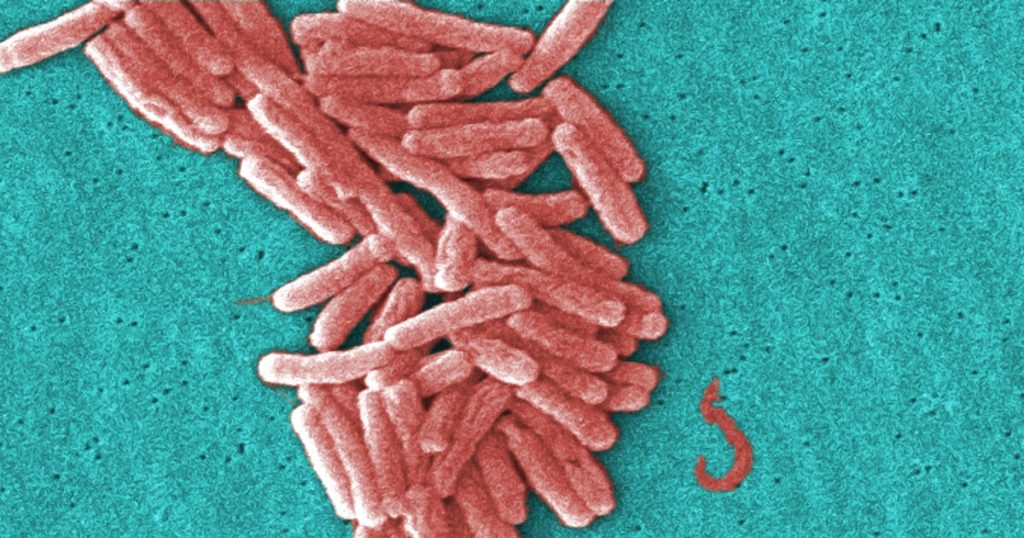Five people in Lincoln, New Hampshire, developed Legionnaires’ disease in June and July after possible exposure to contaminated water droplets from a cooling tower located behind the RiverWalk Resort, a hotel in downtown Lincoln. Testing confirmed the presence of Legionella bacteria in the cooling tower. Four of the five individuals were hospitalized but have since recovered, with remediation efforts ongoing to address the contamination. Officials warn of potential exposure to the public, especially within a half-mile radius of the cooling tower.
While Legionella bacteria naturally occur in bodies of fresh water, they can pose a threat when they grow and spread in building water systems like cooling towers. Most people contract Legionnaires’ disease by inhaling the bacteria through water droplets or mist, with infections not spreading from person to person. Those at higher risk for developing the disease include older individuals, smokers, people with weakened immune systems, chronic lung disease, or diabetes. Symptoms of Legionnaires’ disease, such as fever, cough, and shortness of breath, typically appear within two to 14 days after exposure, and the disease can be fatal if left untreated.
The RiverWalk Resort has been partnering with health officials to address the contamination, with remediation work including mechanical cleaning and disinfection of the cooling system. The hotel assures that efforts have been made to ensure the safety of guests and the community. It is essential for those who have visited the area near the contaminated cooling tower to monitor themselves for symptoms of Legionnaires’ disease. While most healthy individuals exposed to Legionella do not get sick, it is crucial to be vigilant, especially for those at higher risk due to underlying medical conditions.
Legionnaires’ disease is a severe form of pneumonia caused by Legionella bacteria, with the outbreak in Lincoln, New Hampshire highlighting the importance of proper maintenance of building water systems like cooling towers to prevent contamination. State health officials advise those who have visited downtown Lincoln to be aware of potential symptoms and seek medical attention if needed. With the completion of remediation efforts at the cooling tower, ongoing monitoring and water management plans will be crucial in ensuring the safety and well-being of the public in the area.
The Centers for Disease Control and Prevention emphasize the need for vigilance in addressing the potential spread of Legionella bacteria in building water systems. Proper cleaning, disinfection, and water management are essential in preventing outbreaks of Legionnaires’ disease. As the investigation in Lincoln continues, health authorities stress the importance of monitoring oneself for symptoms and seeking prompt medical attention if any signs of illness arise. Public health measures will play a critical role in containing and mitigating the spread of Legionella bacteria to safeguard the community from further incidents.
Overall, the cases of Legionnaires’ disease in Lincoln, New Hampshire, serve as a reminder of the importance of proactive measures to prevent the spread of harmful bacteria in building water systems. Through effective collaboration between health officials and establishments like RiverWalk Resort, remediation efforts can be undertaken to address contamination promptly. Ongoing monitoring, sanitation, and water management plans will be key in ensuring the safety and well-being of residents and visitors in the area. It is essential for everyone to remain vigilant and proactive in addressing potential risks associated with Legionella exposure to protect public health.


